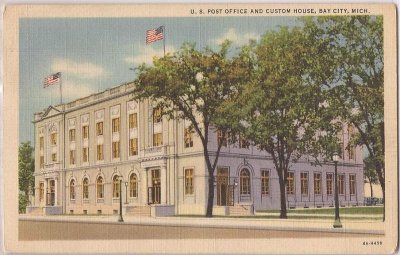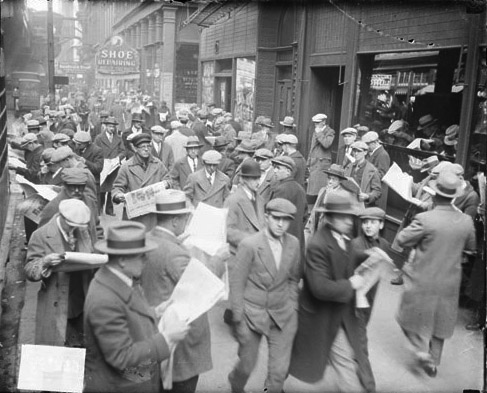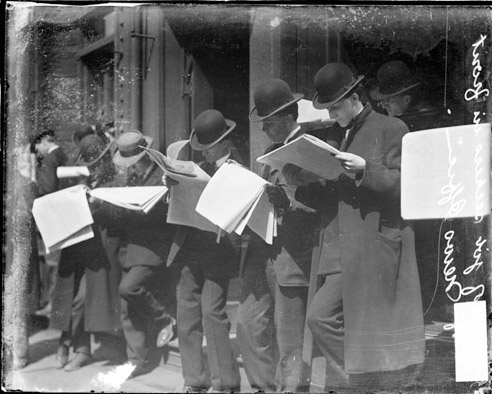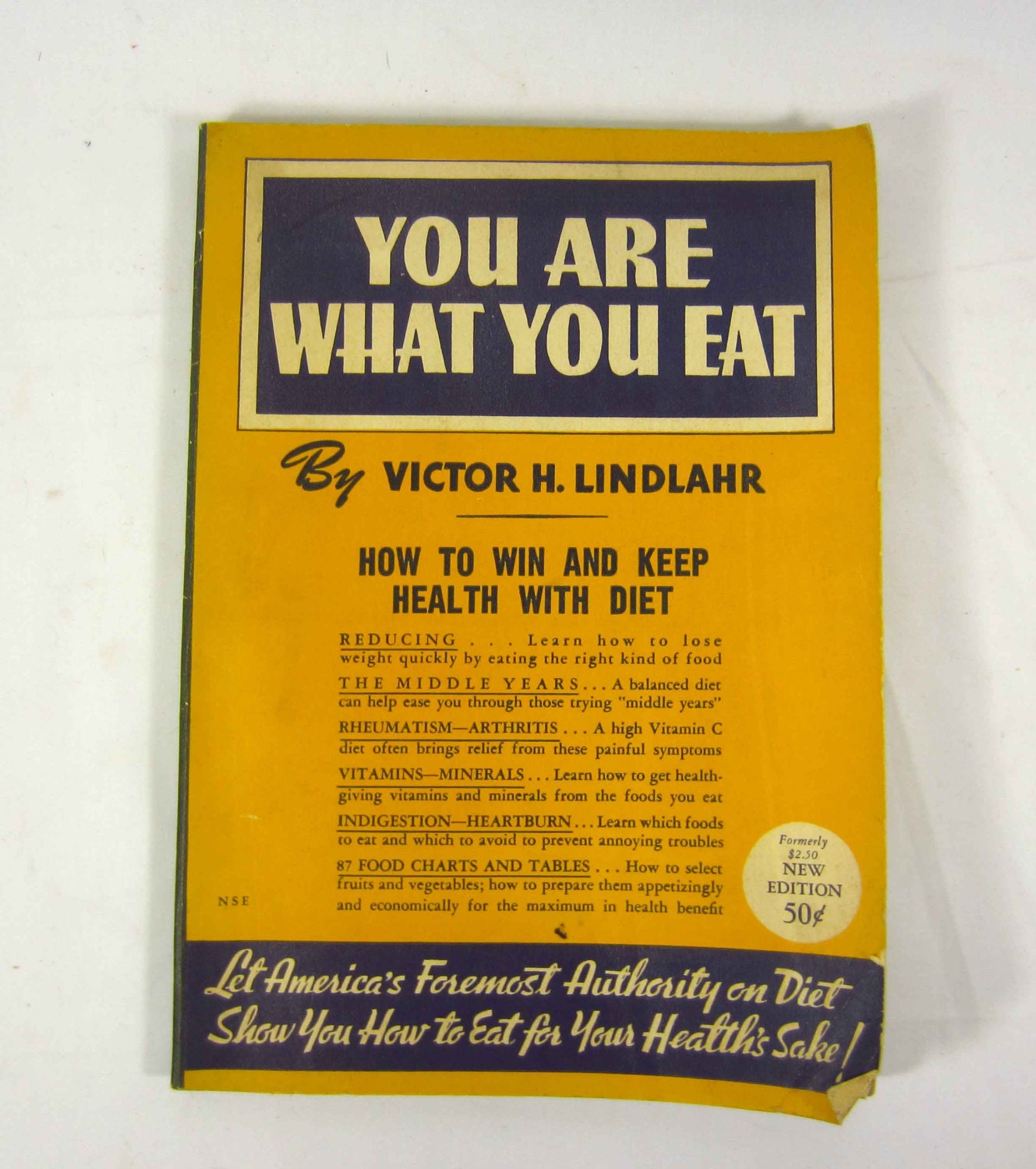LizzieMaine
Bartender
- Messages
- 34,192
- Location
- Where The Tourists Meet The Sea
My house was built in 1941, but even if I hit that year or later, I think the dentist and his wife that lived there until 1959 might object to me moving into their new house with them.
If I were transported right this second, I'd be in a marble bank lobby with a cathedral ceiling right to the second floor. Since the floors are now carpeted and the ceilings much lower, I think I'd likely notice that first.
I guess my first stop would be the cemetery to find a baby born around June 14, 1910 who didn't make it. Then I'd hit the recruiting office with his name and see if I could get into the USAAF. Or maybe hitchhike to California and get a job with Lockheed or Douglas.
Yeah, a lobsterman named Percy E. Hill might wonder what I'm doing in his kitchen. Best to have some kind of glib explanation prepared, just in case he's home when I show up.
Before you head to the recruiting office, stop by the closest post office and fill in form SS-5, Application For Social Security Number, and then immediately contact the draft board in your town -- which probably has an office in the post office building -- and tell them you're just back from a logging trip in a remote corner of Manitoba, which is why you haven't yet registered for the draft. Get that paperwork out of the way, and you'll be all set.






